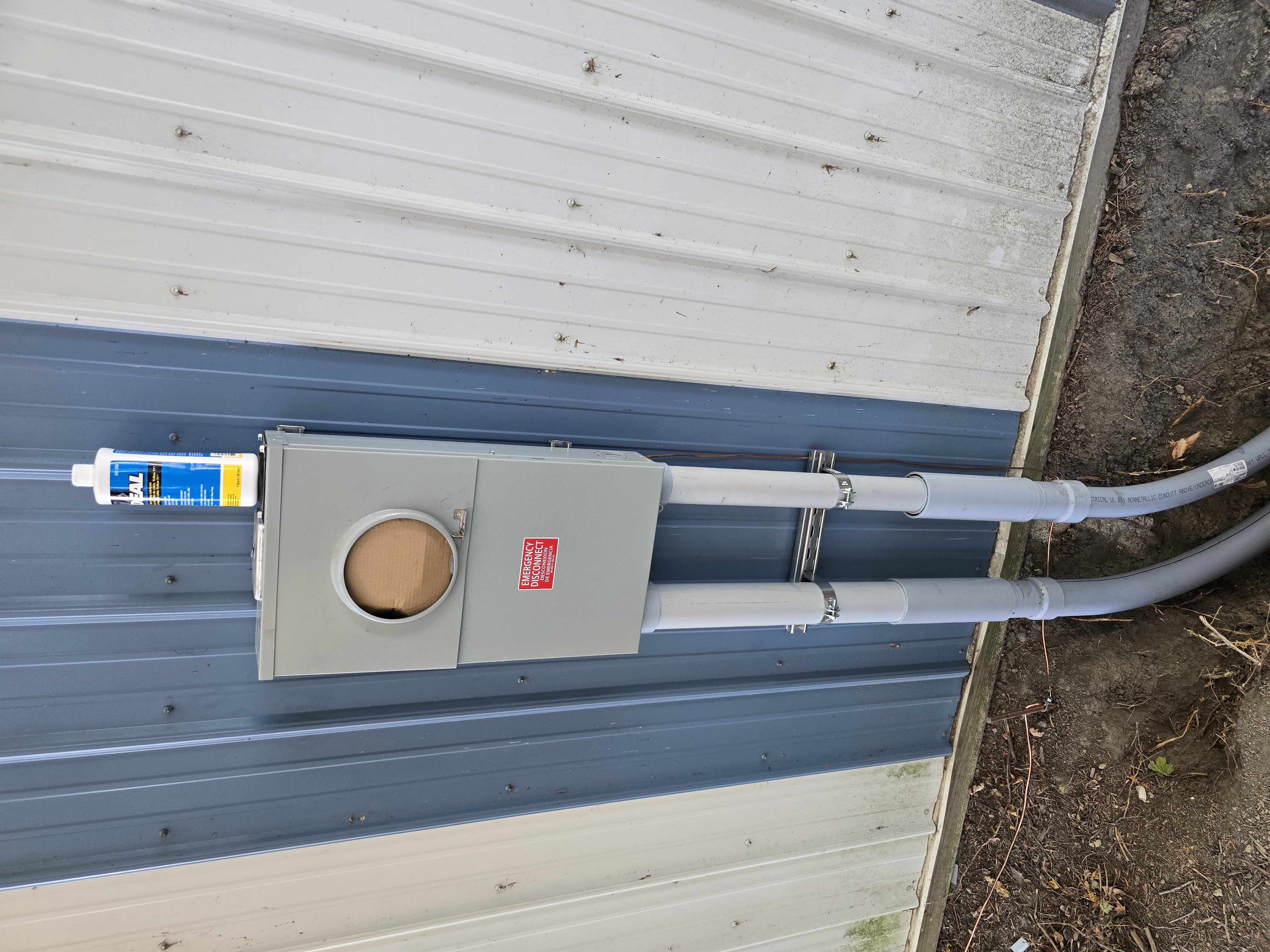
Understanding the Basics: Key Electrical Components Every Homeowner Should Know About Nov 18, 2025
Your home's electrical system is composed of several crucial components, starting with the electrical meter. This device measures the amount of electricity your home consumes. Typically located outside the house, it's often your utility company’s responsibility. Knowing how to read your meter can help you monitor your energy usage and detect unusual spikes indicative of a problem.
Another key player in your electrical system is the electrical panel, also known as the breaker box. This panel houses circuit breakers or fuses that control the flow of electricity throughout your home. If you experience a sudden power outage in a specific area, a tripped breaker is often the cause. Familiarizing yourself with the layout of your electrical panel can make resetting a breaker or identifying an issue much easier. Remember, an outdated or overloaded panel can pose significant safety hazards, so regular checks are advised.
Wiring serves as the electric veins of your house, channeling power from the panel to various outlets, switches, and fixtures. Various types of wiring can be found, such as copper or aluminum, and each comes with its specifications and uses. Maintaining the integrity of your home's wiring is quintessential for safety, as damaged or exposed wires could lead to fires or electric shock.
Speaking of safety, grounding is an essential aspect that protects your home and its occupants from electrical faults. By channeling excess electricity safely into the earth, grounding prevents accidents such as electric shocks. Make sure your electrical system complies with local grounding standards; if in doubt, consulting with a professional can provide peace of mind.
Our journey through electrical basics would be incomplete without mentioning outlets and switches. These components are the most interactive parts of your electrical system, allowing you to power appliances and light your spaces. Ground Fault Circuit Interrupters (GFCIs) are special types of outlets designed to prevent electrical shocks in wet areas like kitchens and bathrooms. Ensuring these safety features are in place and functioning correctly is vital.
Finally, light fixtures and bulbs may seem straightforward, but knowing the right type of bulb—LED, fluorescent, or incandescent—can improve energy efficiency and cost savings. Additionally, considering dimmer switches can add versatility to lighting and enhance ambiance.
As a homeowner, understanding these components enables you to handle minor issues, improve your energy efficiency, and communicate effectively with electricians when necessary. However, safety should always be your top priority. For complex tasks or concerns, it's wise to contact professionals like Walton Electric Service, who are equipped with the expertise to manage electrical challenges safely and efficiently.
Empowering yourself with knowledge is the first step to home safety and energy management. By familiarizing yourself with these electrical essentials, you'll be better prepared to maintain a safe, efficient, and comfortable living environment. For all your electrical needs, remember Walton Electric Service is just a call away, ready to assist you with professionalism and care.
/filters:no_upscale()/filters:format(webp)/media/3581c4f0-352f-4667-88b5-9d1942aa9cf5.jpeg)
/filters:no_upscale()/filters:format(webp)/media/d3bb454d-fa96-4775-8244-3637a09dcc0b.jpeg)